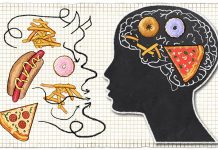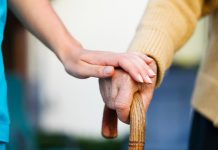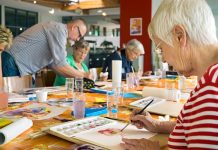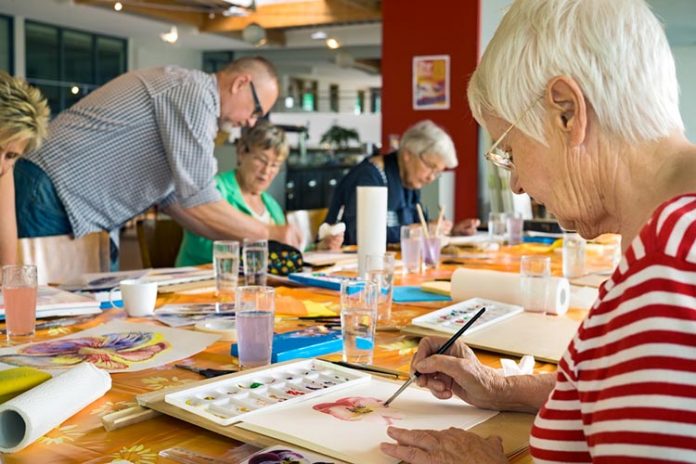Are a lower libido, achy joints, and a grumpy mood guaranteed side-effects of growing older? With these small lifestyle changes you can make sure the answer is no.
Myth: Creaky, achy joints are unavoidable

Actually, not exercising is what makes achy joints inevitable. When Australian researchers at the Monash University Medical School looked at women ages 40 to 67, they found that those who exercised at least once every two weeks for 20 minutes or more had more cartilage in their knees. It suggests that being physically active made them less likely to develop arthritis. Don’t miss these anti-aging foods that could add years to your life.
Myth: Your bones become fragile and your posture bends

Remember, only death is certain when it comes to aging. Osteoporosis is definitely more common in older people, but it’s also very preventable. A study of females over 100 years of age found that only 56 percent had osteoporosis, and their average age at diagnosis was 87. Not bad, given these women grew up before the benefits of diet and exercise on bone were understood. Thankfully, you know better.
Myth: Old age kills your libido

Hogwash. Impotence and reduced libido are related to normally preventable medical conditions like high blood pressure, heart disease, diabetes, and depression. The solution is keeping yourself in shape. Something as simple as lifting weights a couple times a week can improve your sex life.
And yes, sexual desire might decline a bit as you age, but that doesn’t typically occur until age 75. Interviewing people age 60 and over who lived in independent living facilities, Terrie B. Ginsberg, D.O., of the New Jersey Institute for Successful Aging, found that about 60 percent had regular physical and sexual experiences in the past year such as kissing, touching, holding hands, and hugging. And they all wanted more—the main thing preventing them from getting it was the lack of a partner.
Myth: Genes play the biggest role in how you’ll age

Untrue. Even if you’re born with the healthiest set of genes, how you live your life determines how they behave over your lifespan. Your genes can be changed by what you eat, how much physical activity you get, and even your exposure to chemicals.
Myth: You lose your creativity as you age
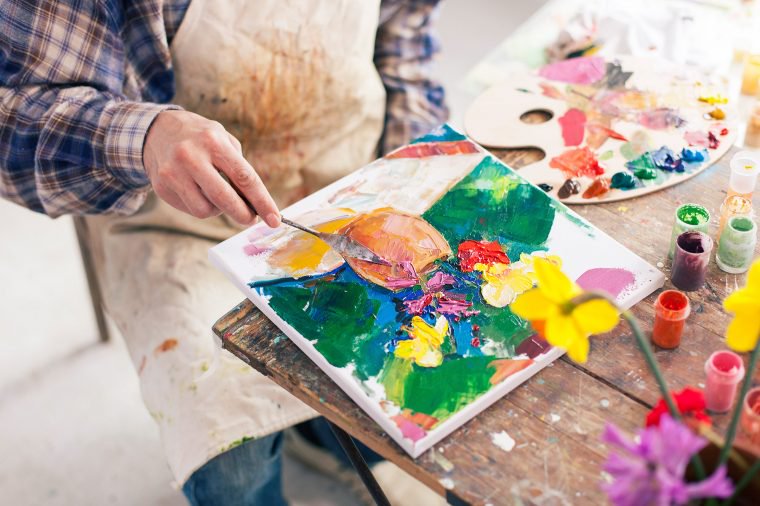
Not necessarily. Creativity actually offers huge benefits for older people. A George Washington University study found that older adults who joined a choir were in better health, used less medication, and had fewer falls after a year than a similar group that didn’t join. The singers also said they were less lonely, had a better outlook on life, and participated in more activities overall than the non-singing group, who actually reduced the number of activities they participated in during the year.
Myth: Your brain stops developing after age 3

This developmental myth was overturned in the 1990s, and ever since, researchers no longer look at the older brain as a static thing. Instead, studies show your brain continues to send out new connections and to strengthen existing ones throughout your life—as long as you continue to challenge it. It really is your body’s ultimate muscle. Just don’t fall into these daily habits that are making you older.
Myth: Your brain shrinks with age
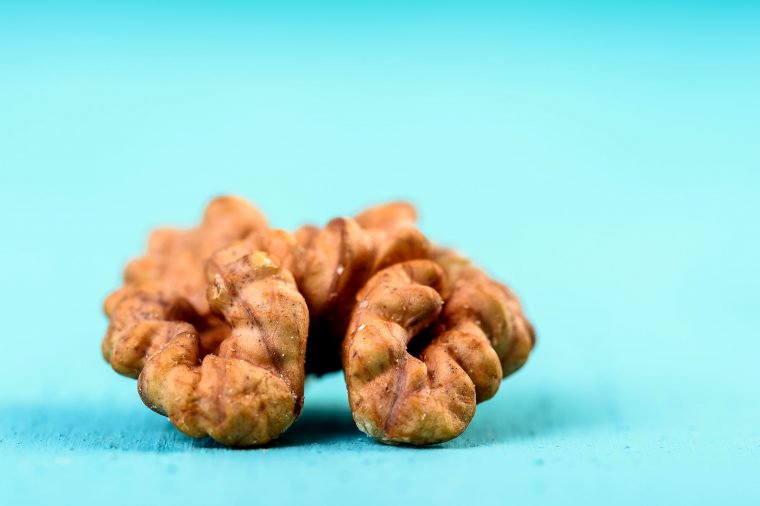
This myth began with studies in 2002 showing that the hippocampus, the part of the brain that controls memory, was significantly smaller in older people than in younger people. This never sounded right to Dr. Lupien, particularly after she conducted groundbreaking research in the late 1990s showing that chronic stress shrinks the hippocampus. Was it age or stress that was responsible for the shrinking brains of older people? Probably stress. When she examined brain scans of 177 people ages 18 to 85, she found that 25 percent of the 18- to 24-year-olds had hippocampus volumes as small as those of adults ages 60 to 75.
Myth: Seniors are always cranky and unhappy
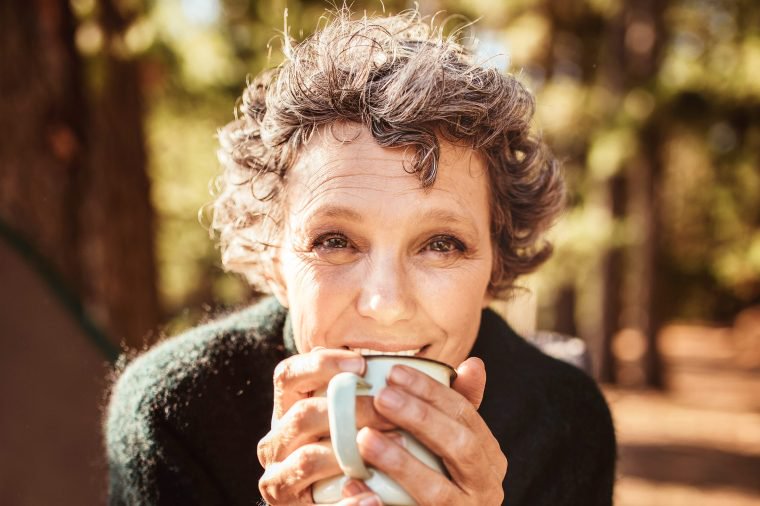
Not quite. When researchers from Heidelberg, Germany, interviewed 40 centenarians, they found that despite significant physical and mental problems, 71 percent said they were happy, and more than half said they were as happy as they’d been at younger ages. Plus, when the researchers compared them to a group of middle-age people, they found that both groups were just as happy. Most important: Nearly 70 percent of the centenarians said they laughed often. What does it all mean? It means there is no universal definition of aging. How you’ll age is entirely up to you—and the time to begin writing that definition is today. Check out these 50 medical breakthroughs that’ll help you age better than your parents.
Source: RD









